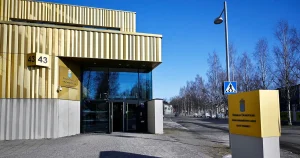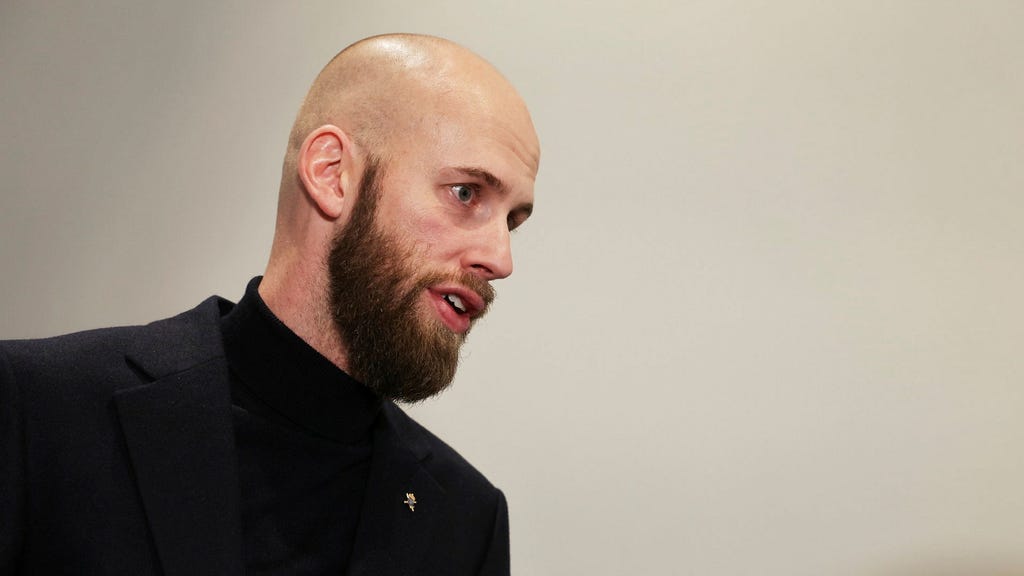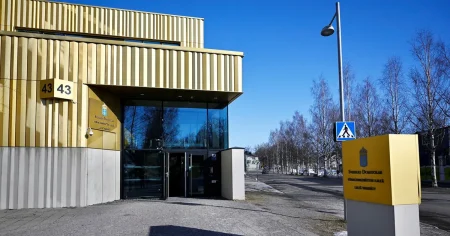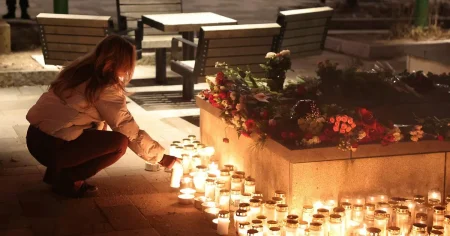Reinstating Civil Duty in Sweden: Strengthening Civil Defense in Times of Heightened Tension
Sweden, a nation known for its neutrality and robust social safety net, has taken significant steps to reinforce its civil defense capabilities in response to the evolving geopolitical landscape, particularly the ongoing war in Ukraine. This renewed focus on civil preparedness has led to the reintroduction of civil duty, or "civilplikt," a system obligating selected citizens to serve in essential roles during emergencies and times of national crisis. The decision marks a significant shift in Swedish defense policy, reflecting a growing awareness of the potential threats and vulnerabilities facing the nation in a more uncertain world.
The reinstatement of civilplikt comes after its complete abolishment in 2008, having previously served as a replacement for unarmed service until 1995. The decision to reintroduce this form of national service was made in late January 2023, prompted by the lessons learned from the war in Ukraine, highlighting the critical importance of a prepared civilian population and robust civil defense infrastructure. Minister for Civil Defense, Carl-Oskar Bohlin, emphasized the crucial role of civil defense in safeguarding the civilian population and ensuring the continued functioning of essential services during periods of heightened alert and, ultimately, in the event of war. This renewed emphasis on civilplikt underscores the government’s commitment to strengthening the nation’s resilience and preparedness in the face of potential threats.
The expanded civilplikt program focuses on two key areas: bolstering the capacity of emergency services and ensuring the effective operation of population shelters. The first component addresses the increased demands placed on emergency services, particularly the fire and rescue services, during times of crisis. The government recognizes that these services are likely to experience significant strain under wartime conditions, requiring a surge in personnel and resources to effectively respond to emergencies and maintain essential services. To address this, a two-pronged approach has been adopted. One aspect involves a fast-track training program for individuals already possessing some level of rescue service competence, providing them with the necessary skills and knowledge to quickly integrate into the existing workforce. However, recognizing the limitations of this approach alone, the government has also introduced a longer, more comprehensive basic training program to expand the pool of qualified personnel available for civil defense duties.
The second critical component of the expanded civilplikt program focuses on the staffing and operation of the country’s extensive network of population shelters. Currently, there is no established system for managing these shelters during emergencies, a significant gap in the nation’s civil defense infrastructure. The reintroduction of civilplikt aims to address this deficiency by training personnel specifically for shelter management roles. These responsibilities would encompass a wide range of tasks, from maintaining order within the shelters to operating critical infrastructure systems such as ventilation and other essential services. This initiative highlights the government’s commitment to ensuring the safety and well-being of the civilian population in the event of a crisis requiring the use of these shelters.
The implementation of this enhanced civilplikt program has been entrusted to the Swedish Civil Contingencies Agency (MSB). The MSB has been tasked with developing a comprehensive plan to operationalize the program, including identifying the specific roles and responsibilities required within the civil defense framework, determining the appropriate staffing levels for various functions, designing appropriate training curricula for both initial and refresher courses, and estimating the overall costs associated with implementing the program. This extensive undertaking underscores the complexity of establishing and maintaining a robust civil defense system, requiring meticulous planning and resource allocation to ensure its effectiveness in times of crisis. The MSB is expected to submit its detailed report and recommendations by December 10th of the same year the directive was issued.
The reintroduction of civilplikt in Sweden comes amidst a broader effort to enhance the nation’s overall defense capabilities. This renewed focus on defense readiness is evident in other initiatives, such as the development of a new generation of advanced drone technology. Designed for enhanced surveillance and reconnaissance capabilities, these drones can be easily controlled in swarms by a single operator, offering greater flexibility and efficiency in monitoring and responding to potential threats. The integration of artificial intelligence (AI) into the drones’ software further enhances their capabilities, enabling them to adapt to changing situations and provide valuable real-time intelligence. This investment in cutting-edge technology reflects Sweden’s commitment to modernizing its defense systems and ensuring its ability to effectively address evolving security challenges. The combined efforts of reinstating civilplikt and investing in advanced defense technologies represent a comprehensive approach to strengthening Sweden’s overall security posture in a complex and increasingly uncertain global environment.














